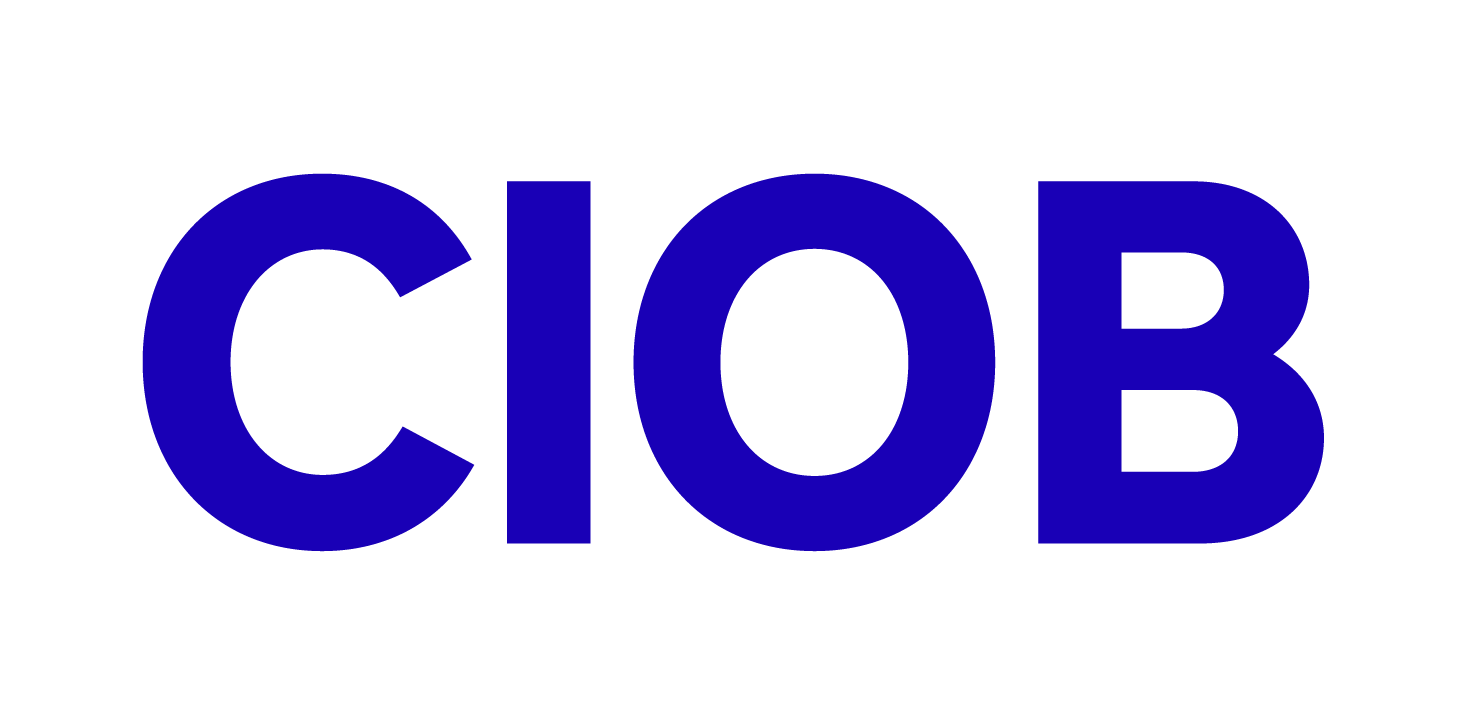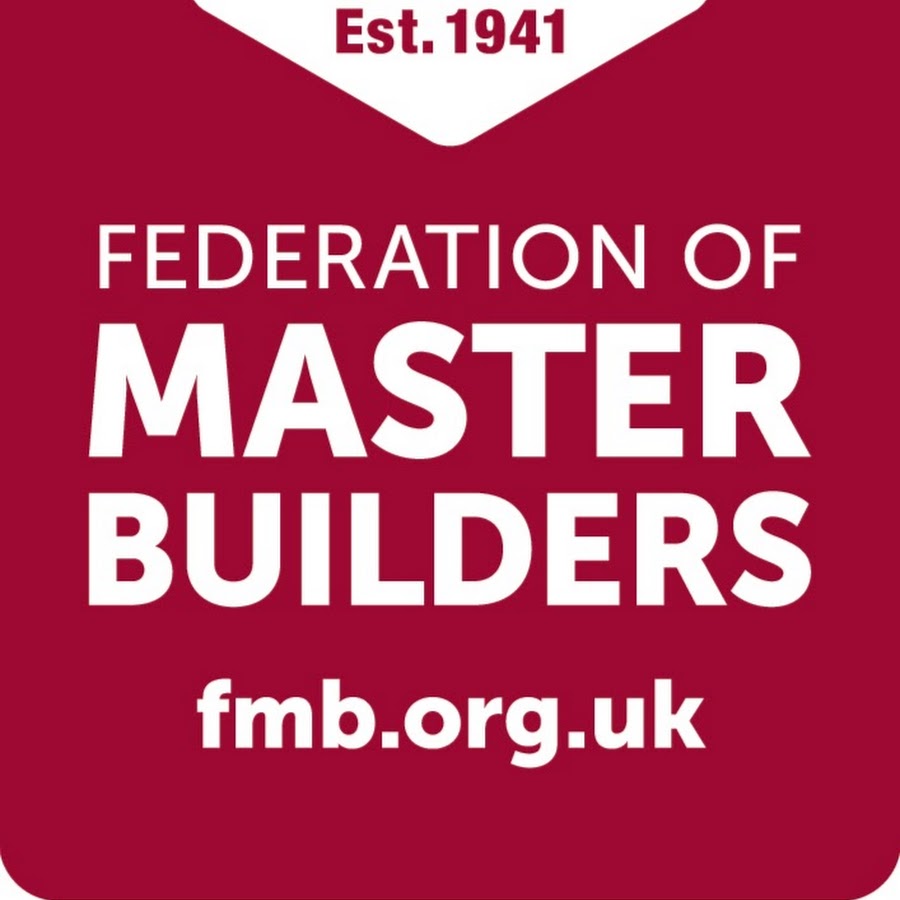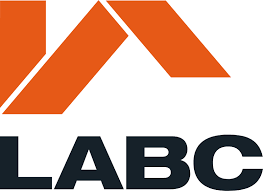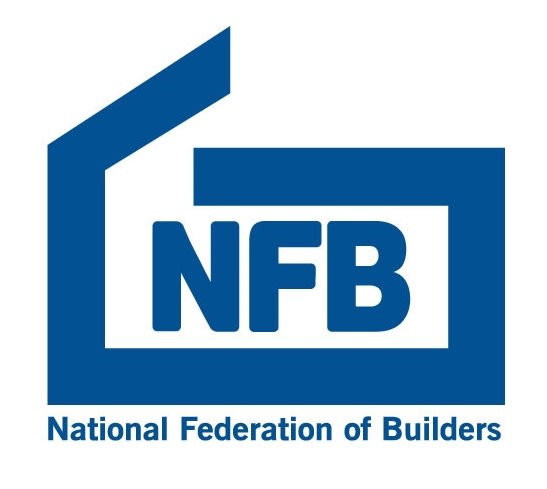Breaking free from the current malaise

In a statement of the bleeding obvious, the planet, the country and construction are facing great uncertainties and major challenges on several fronts. Assembling a cluster of policies and strategies to get us out of the current political and economic malaise to a more inclusive and fairer, net-zero economy will need ambitious and innovative missions that transform the entire economy. As Martyn Jones argues this month, it will require a fundamental pivot away from “business as usual” within the current technological-economic-societal-legal-environmental paradigm.
With much of the world facing climate, health, energy, inequality and cost-of-living challenges, leaders have an opportunity – indeed an obligation – to articulate a meaningful alternative to current policymaking. This will require conveying bold and coherent visions and missions to achieve more sustainable and equitable growth.
We need a progressive and inspirational economic agenda to transform the entire economy embracing all aspects of our lives including how we build, what we eat, our energy sources and how we get around. This will generate a real “green new deal” founded on sustainable and inclusive growth, with governments working with industry to set the direction of our journey and crowd ideas and investment, rather than cleaning up the messes left by bad policies and harmful business practices.
What will be the key drivers and strategies of the new “green and inclusive” paradigm? Several publications by CESW and other thought leaders are already showing our direction of travel, starting with recognising the need for a clear break from the thinking that has shaped our policies and practices in the past. That thinking needs to be replaced by a new positive narrative setting out the future with a fundamental reassessment of our core values (including integrity, reliability, honesty, courage, loyalty, concern for others) and how value is created.
Like the rest of the economy, construction needs a new, comprehensive, inclusive, equitable, and sustainable agenda for change. This of course will require innovation, without which solutions to problems – be it a pandemic, climate change, or inequalities – will remain beyond our reach.
This – to coin a phrase – rethinking construction is already underway as in recent years the limitations of our current paradigm and ways of working have become more and more apparent. And there are solutions emerging too. For example, the Value Toolkit: a government-backed initiative designed to change the way we in construction, and particularly clients, think about and measure value. It enables the kind of value-based decision making needed to drive better societal, environmental, and economic outcomes, and improve our industry’s legacy for future generations.
And then there are publications by CESW including the recently to be launched guide website, ‘The enlightened client’s journey to project quality and compliance’, and its 6 Ps (Purpose, People, Procurement, Product, Process, and Performance) that offers a dynamic, organic, and evolving framework for clients and their advisers to re-evaluate what they value in their organisations and projects and how they can work more effectively with the industry to deliver the transformative project outcomes that are needed.
We can also look to the theories and empirical evidence of technological and economic change for some insights into the likely shape of the emerging paradigm. From an analysis of previous techno-economic shifts we can anticipate that there will be key factor industries offering abundant supply at rapidly descending price.
Then there are main carrier branches (infrastructure has been a major carrier in previous paradigm shifts), and induced growth sectors in the new economy. And other growth sectors growing rapidly from a small base. A new skill profile affecting both quality and quantity of labour and corresponding patterns of income distribution. A new pattern in the location of national and international investment. And there will be changes too in regulatory regimes and features of our national system of innovation.
And of particular interest to Constructing Excellence, new best practices in the way in which firms are organised and the emergence of new forms of cooperation and competition.
Who will lead the transformation? Britain, France, and Belgium led the explosive surge of interrelated innovations associated with the First techno-economic paradigm. The USA, Japan and Germany were at the forefront of the Fifth. Will Britain, construction and the South West be amongst the leaders in shaping the Sixth paradigm?
















